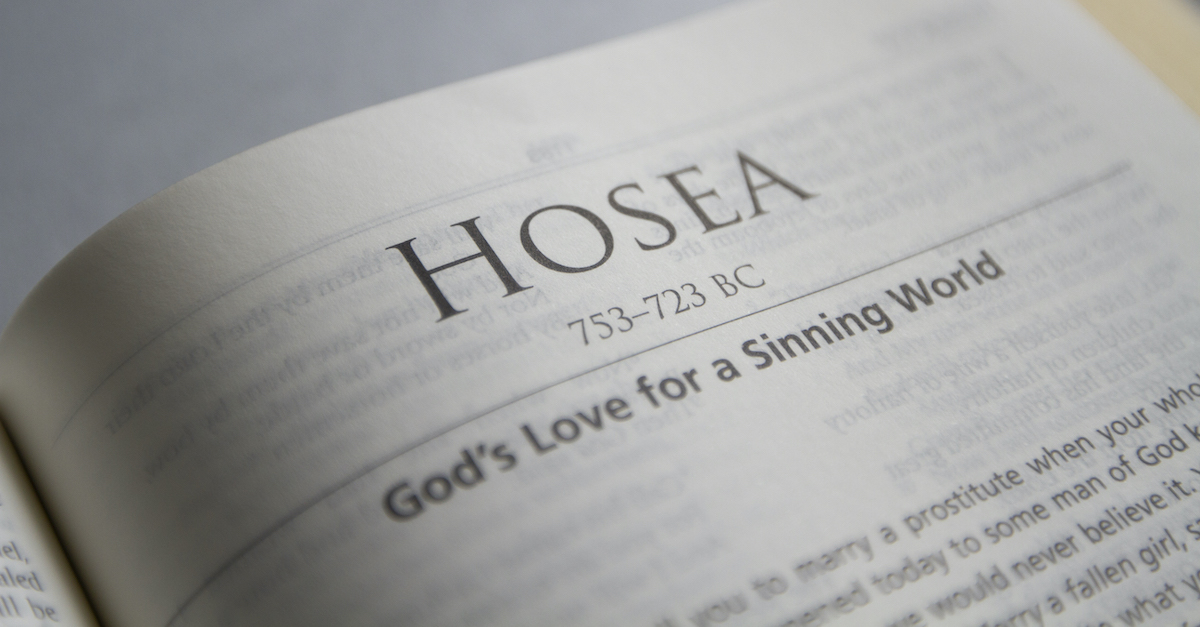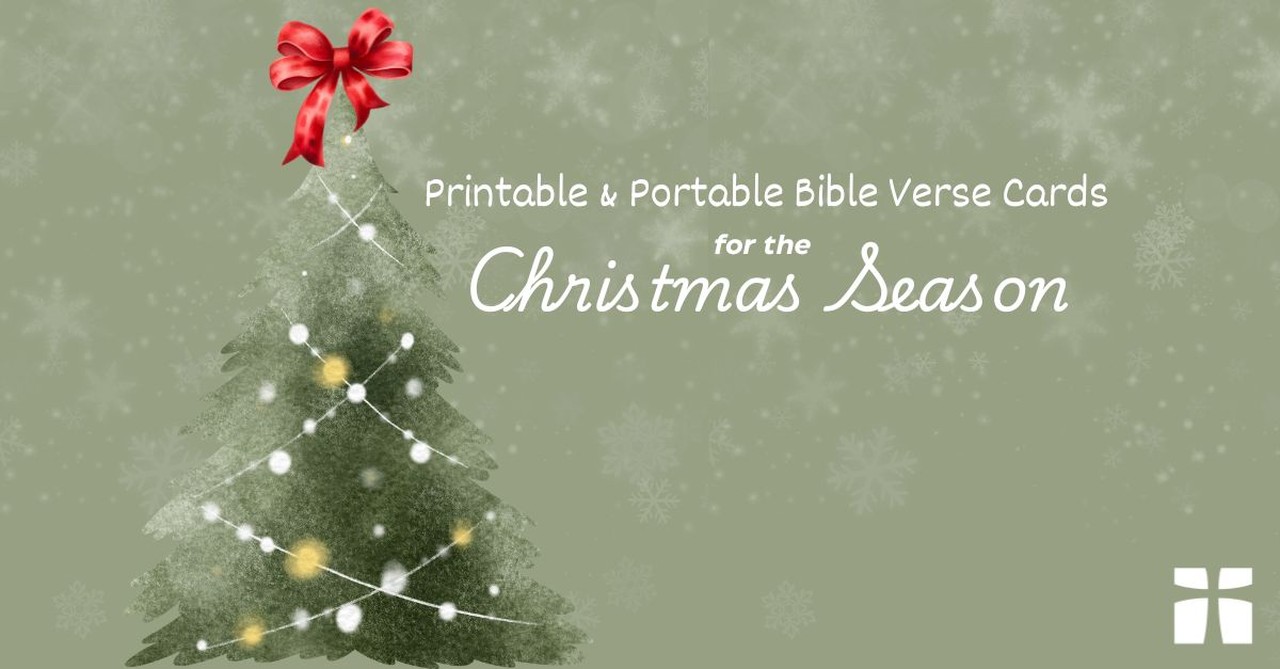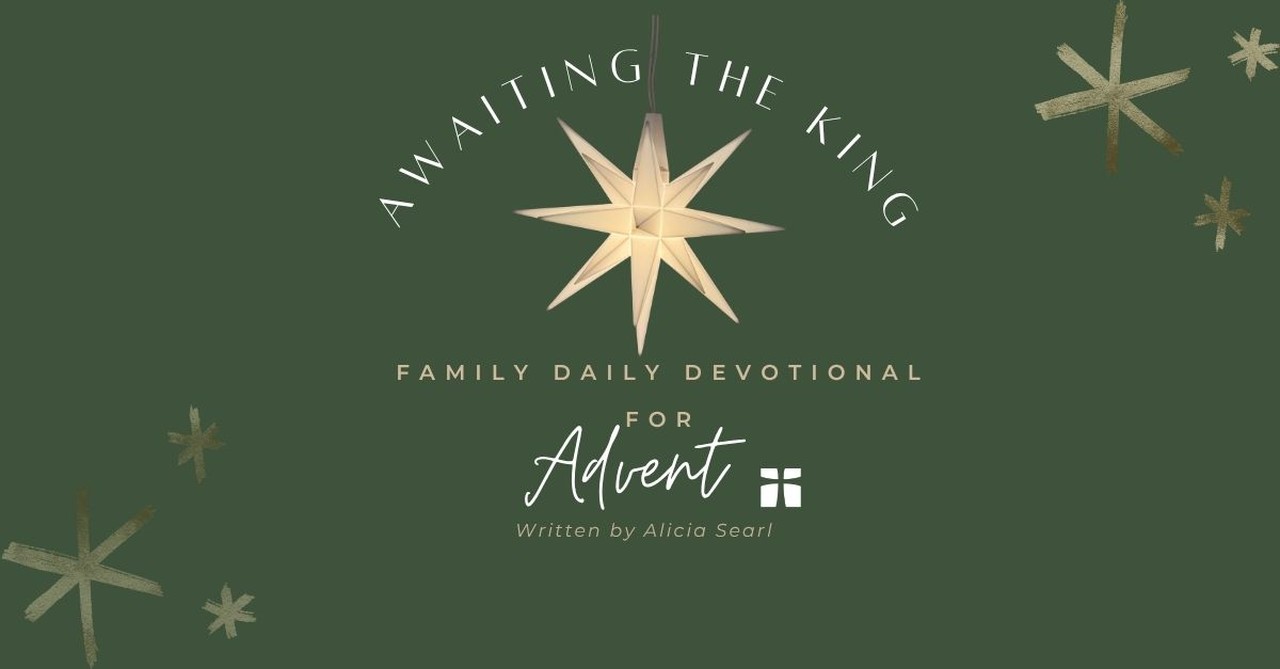Hosea
These are all of the chapters of the book of Hosea. Clicking on a chapter will show you the text of that chapter of Hosea in the Bible (New International Version).

Who Wrote the Book of Hosea?
The book records the story of a northern kingdom prophet named Hosea. We know his prophetic career spanned at least 40 years and began during the reign of Jeroboam the II (793-753 BC), and ended during the reign of Hezekiah (716-686 BC). Although very little information is given, the main biographical data about the prophet Hosea can be found in chapters 1 and 3. These chapters describe Hosea’s marriage, where heavy prophetic symbolism is evident. Chapter 1 offers few details other than the names of his family members, while chapter 3 describes the marriage mainly as a prophetic act.
Context and Background of Hosea
Scholars believe Hosea prophesied during the second half of the eighth century BC. After the death of King Solomon, the nation of Israel divided into two kingdoms: the northern kingdom of Israel and the southern kingdom of Judah. Each kingdom had its own rulers and temples. Hosea primarily prophesied in and about the northern kingdom, Israel, but he did not neglect to mention the southern kingdom, Judah, as well (e.g., 1:7, 4:15; 5:5, 10, 12–14). At the start of Hosea’s prophetic career was great wealth, military strength, and national security under the reign of Jeroboam II. Hosea would have spent much of his time prophesying about the destruction of a nation in great stability.
The majority of his messages were most likely delivered during the last 30 years of Israel’s nationhood, where his prophecies would conclude to his original audience (the northern Kingdom, Israel), within one or two years of the nation’s collapse (722 BC). Throughout this time, the southern kingdom, Judah, would have clung to His words as they saw the destruction of the north, and the truth spoken for themselves and the future of God’s people.
Main Theme and Purpose of Hosea
The central theme of the book is the Israelite nation breaking their covenant with God and God’s future restoration. Hosea laid out three ways that the nation had sinned against God and broken the covenant they made with Him in Egypt (9:10). He called out Israel on their failure to acknowledge God (4:1-6:3), breaking of the covenant (6:4-11:11), and their faithlessness to God (11:4-14:9). Within each of these charges, Hosea puts their idolatry, cult prostitution, sinful priests, deceit, injustice, and murder on display.
Through Hosea, the Lord called Israel to repent of their wickedness and turn back to God in humility and faithfulness towards His law and covenant. As Israel continued to refuse repentance, Hosea prophesied over the beginning of their distress and future destruction of the nation as an act of discipline. God used Hosea to remind His chosen people of the Lord’s grace and mercy from the past.
Hosea continually proclaimed that God was their only hope for restoration. In the Reformation Study Bible, RC Sproul says it like this:
“Hosea’s prophecy not only defines Israel’s sins, but it also warns of impending judgment because of them (5:9–14). The nature of the judgment is twofold: the land of Israel would be laid desolate, and its inhabitants would be thrown into exile (5:13; 8:8, 9). Although judgment would certainly come upon Israel, Hosea includes a note of joy and hope for the people of God in the future after judgment. Israel’s coming punishment would not be the end, but God would one day bring about a splendid time of restoration (1:10, 11; 2:14–23).”
What Can We Learn from Hosea Today?
Just as the Israelites broke their covenant with God, we also are sinful beings who’ve chased after idols and wickedness (Ephesians 2:3-5). Hosea spent over 30 years calling people into repentance and faith in God, and that message is not lost on us. We also are called to repent of our sin and put our faith in the new covenant through Christ (Hebrews 9:15). God promised hope and belonging to the Israelites (2:23) in their repentance, and by God’s grace, we are promised the same.
With the new covenant we have in Christ, we can experience a freeing redemption, that provides peace, joy, and hope, as we find our ultimate satisfaction in Him (Romans 15:13). This call to repentance and faith in Christ is no longer a call to try (living up to the law), but one of trust in the faithful, sovereign Lord. There is great comfort for those who believe in God (2 Corinthians 1:3-4), who despite our sin and lack of faithfulness, seeks us out, and promises redemption through His Son.
Our Favorite Verses from Hosea
“At that time I will plant a crop of Israelites and raise them for myself. I will show love to those I called ‘Not loved.’ And to those I called ‘Not my people,’ I will say, ‘Now you are my people.’ And they will reply, ‘You are our God!’” - Hosea 2:23
“Then the Lord said to me, ‘Go and love your wife again, even though she commits adultery with another lover. This will illustrate that the Lord still loves Israel, even though the people have turned to other gods and love to worship them.’” - Hosea 3:1
“My people are being destroyed because they don’t know me. Since you priests refuse to know me, I refuse to recognize you as my priests. Since you have forgotten the laws of your God, I will forget to bless your children. The more priests there are, the more they sin against me. They have exchanged the glory of God for the shame of idols.” - Hosea 4:6-7
“’Come, let us return to the Lord. He has torn us to pieces; now he will heal us. He has injured us; now he will bandage our wounds. In just a short time he will restore us, so that we may live in his presence. Oh, that we might know the Lord! Let us press on to know him. He will respond to us as surely as the arrival of dawn or the coming of rains in early spring.’ ‘O Israel and Judah, what should I do with you?’ asks the Lord. ‘For your love vanishes like the morning mist and disappears like dew in the sunlight. I sent my prophets to cut you to pieces— to slaughter you with my words, with judgments as inescapable as light. I want you to show love, not offer sacrifices. I want you to know me more than I want burnt offerings.’” - Hosea 6:1-6
“’O Israel, stay away from idols! I am the one who answers your prayers and cares for you. I am like a tree that is always green; all your fruit comes from me.’ Let those who are wise understand these things. Let those with discernment listen carefully. The paths of the Lord are true and right, and righteous people live by walking in them. But in those paths sinners stumble and fall.” - Hosea 14:8-9
*Verses are from the NLT.
Sources
- Garrett, D. A. (1997). Hosea, Joel (Vol. 19A, pp. 21–41). Nashville: Broadman & Holman Publishers.
- Patterson, R. D., & Hill, A. E. (2008). Cornerstone biblical commentary, Vol 10: Minor Prophets, Hosea–Malachi (pp. 1–9). Carol Stream, IL: Tyndale House Publishers.
- Carson, D. A. (Ed.). (2015). NIV Zondervan Study Bible: Built on the Truth of Scripture and Centered on the Gospel Message (pp. 1717–1724). Grand Rapids, MI: Zondervan.
- Clendenen, E. R. (2017). Hosea. In E. A. Blum & T. Wax (Eds.), CSB Study Bible: Notes (pp. 1349–1351). Nashville, TN: Holman Bible Publishers.
- Sproul, R. C. (Ed.). (2015). The Reformation Study Bible: English Standard Version (2015 Edition) (pp. 1491–1495). Orlando, FL: Reformation Trust.
Photo credit: ©Sparrowstock
Stephanie Englehart is a Seattle native, church planter’s wife, mama, and lover of all things coffee, the great outdoors, and fine (easy to make) food. Stephanie is passionate about allowing God to use her honest thoughts and confessions to bring gospel application to life. You can read more of what she writes on the Ever Sing blog at stephaniemenglehart.com or follow her on Instagram: @stephaniemenglehart.



